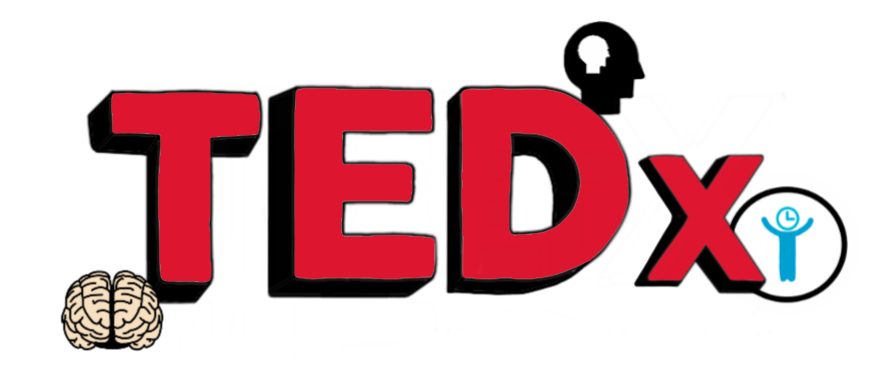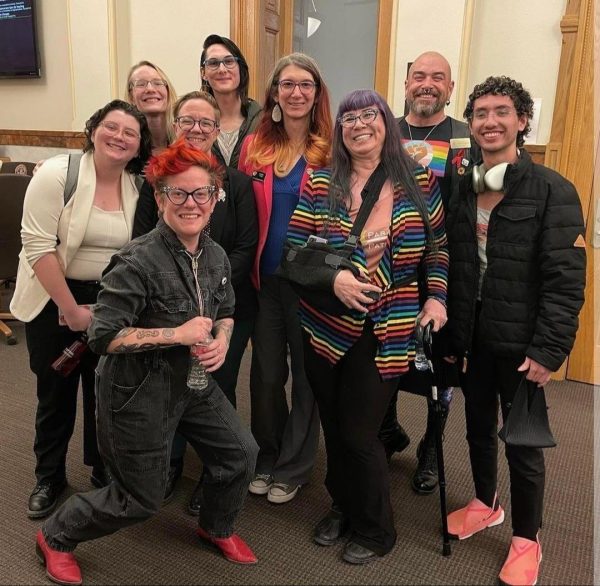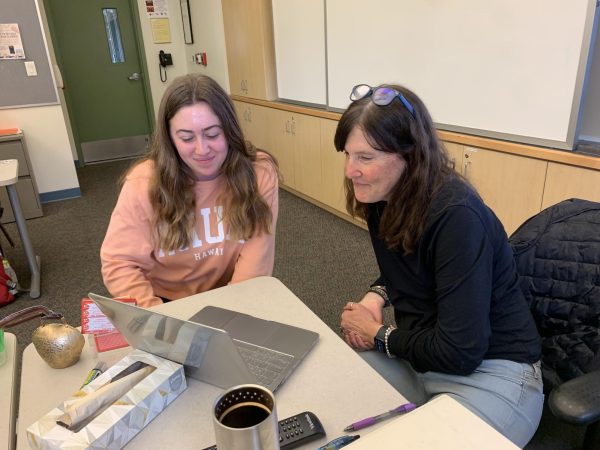Coppell debate students speak on the big picture at TEDx Youth
Ava Gillis
Coppell High School junior Natasha Banga, sophomore Zachary Li and Coppell Middle School West seventh grader Pranav Krishnan spoke at the TEDx Youth @ ArchesPoint on Nov. 7. All three students are involved in speech and debate which gave them the opportunity to talk at the TEDx about their major concerns of 2020.
December 11, 2020
From mental health advocacy to the importance of looking back, the eight speeches of the Nov. 7 conference captured major concerns of life in 2020. Of the eight speakers at the TEDx Youth @ ArchesPoint conference, three are Coppell students involved in speech and debate.
Coppell High School junior Natasha Banga gave a speech entitled ‘Broken Leg vs. Broken Brain’ on mental health. She urges a major shift from the popular mindset of stigma around mental illness towards more open and informed conversation.
“I’ve been passionate about mental health advocacy since a young age,” Banga said. “I’ve gotten involved with organizations like the National Alliance on Mental Illness (NAMI).”
Using Banga’s passion for mental health advocacy, she was able to obtain an internship with the University of Texas Southwestern Medical Center, as well as participate in fundraising and awareness walks for NAMI.
“I definitely want to continue learning more about mental health,” Banga said. “I really hope to participate in the Health Occupations Students of America’s (HOSA) behavioral health competition to learn more about neurology.”
Banga hopes to change the conversation about mental illness to one of greater acceptance.
Coppell Middle School West seventh grader Pranav Krishnan uses the method ‘Finding the End of the String’ to help with time management. His speech on the topic promised increased efficiency through the use of his strategy.
“First, you think about what’s going to happen,” Krishnan said. “There are two categories: either you know what to expect, or you don’t. You’re supposed to take note of what you are going to be doing each day, in order to prepare for it. Another great way of finding the end of the string is anticipating your needs just in case something goes wrong, or if you don’t understand something.”
Krishnan applies this tactic to math tests. When he encounters a word problem he finds confusing, he anticipates needing extra clarification. Before taking a test on the subject, he attends tutoring and figures out how to reframe the problems in a way that would make more sense to him.
Finding the end of the string allows for higher quality due to planning ahead. The step-by-step process also serves to decrease stress and ensures productivity at every stage.
CHS sophomore Zachary Li gave a speech on the importance of looking back and reflecting on one’s achievements at the event.
“People are so concentrated on what’s ahead of them and how far they need to go,” Li said. “They don’t really look back at how far they’ve come from where they started.”
Li’s analysis finds students are often frustrated with peers who complain about not getting perfect grades because those peers choose to focus on the points they missed rather than their high grade.
“My speech is about people only seeing a part of the big picture,” Li said. “We get locked into a really narrow mindset if we don’t see the big picture. At that point, you’re only seeing such a small part of your entire life in which you failed.”
This story was originally published on Coppell Student Media on December 10, 2020.

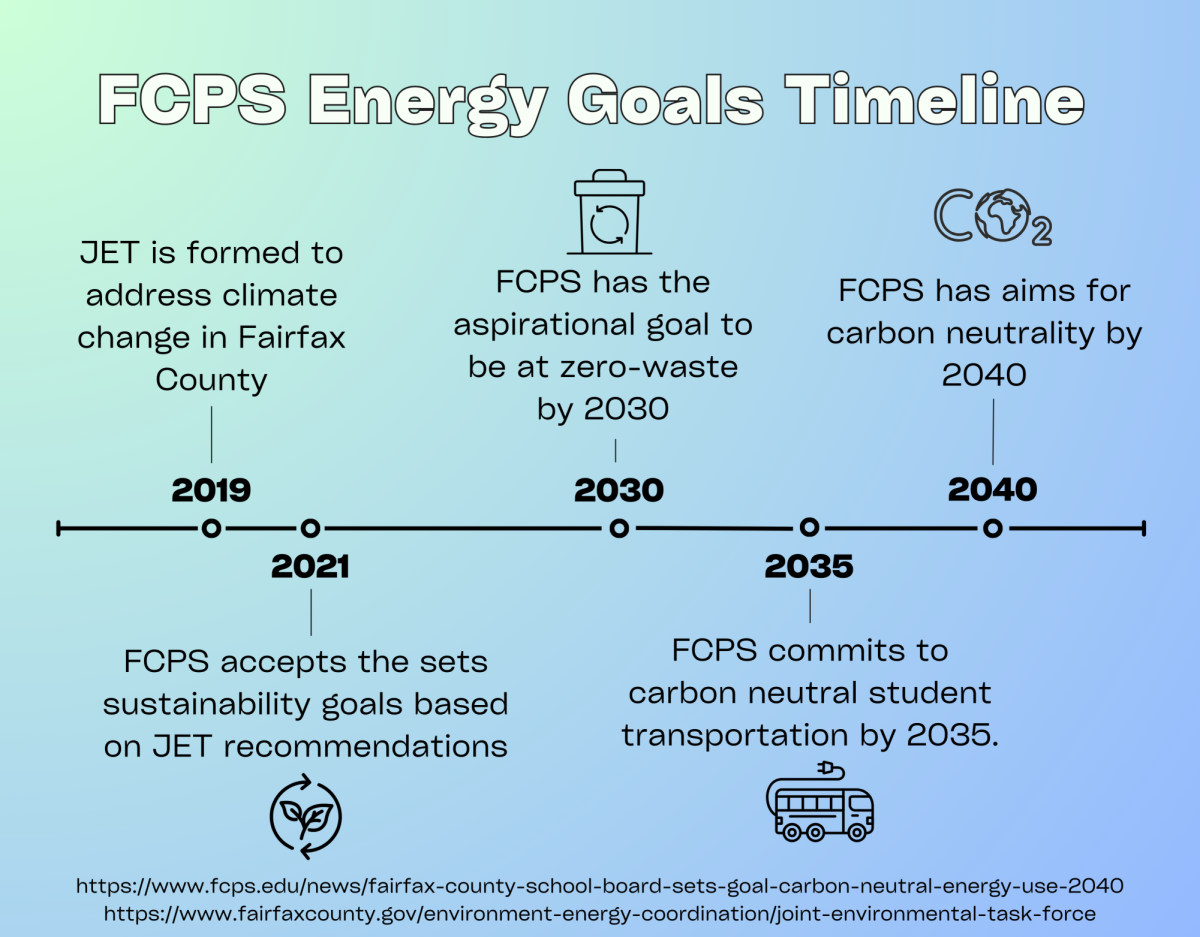









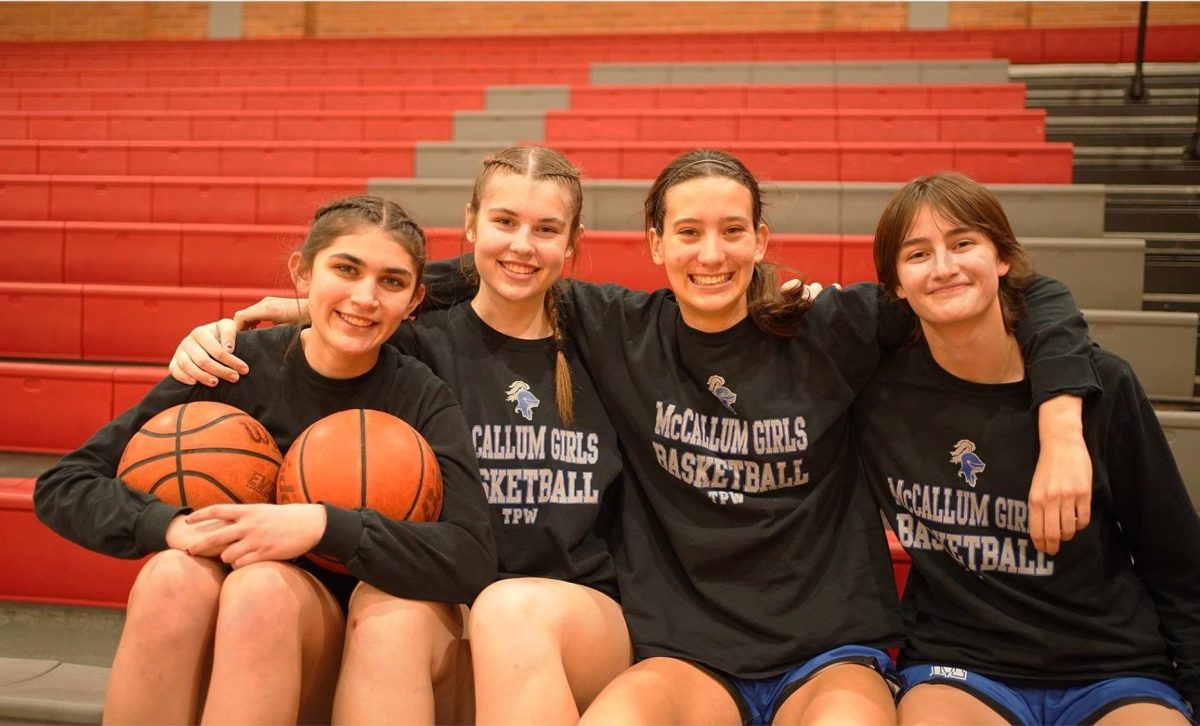



















![IN THE SPOTLIGHT: Junior Zalie Mann performs “I Love to Cry at Weddings,” an ensemble piece from the fall musical Sweet Charity, to prospective students during the Fine Arts Showcase on Wednesday, Nov. 8. The showcase is a compilation of performances and demonstrations from each fine arts strand offered at McCallum. This show is put on so that prospective students can see if they are interested in joining an academy or major.
Sweet Charity originally ran the weekends of Sept. 28 and Oct. 8, but made a comeback for the Fine Arts Showcase.
“[Being at the front in the spotlight] is my favorite part of the whole dance, so I was super happy to be on stage performing and smiling at the audience,” Mann said.
Mann performed in both the musical theatre performance and dance excerpt “Ethereal,” a contemporary piece choreographed by the new dance director Terrance Carson, in the showcase. With also being a dance ambassador, Mann got to talk about what MAC dance is, her experience and answer any questions the aspiring arts majors and their parents may have.
Caption by Maya Tackett.](https://bestofsno.com/wp-content/uploads/2024/02/53321803427_47cd17fe70_o-1-1200x800.jpg)
![SPREADING THE JOY: Sophomore Chim Becker poses with sophomores Cozbi Sims and Lou Davidson while manning a table at the Hispanic Heritage treat day during lunch of Sept 28. Becker is a part of the students of color alliance, who put together the activity to raise money for their club.
“It [the stand] was really fun because McCallum has a lot of latino kids,” Becker said. “And I think it was nice that I could share the stuff that I usually just have at home with people who have never tried it before.”
Becker recognizes the importance of celebrating Hispanic heritage at Mac.
“I think its important to celebrate,” Becker said. “Because our culture is awesome and super cool, and everybody should be able to learn about other cultures of the world.”
Caption by JoJo Barnard.](https://bestofsno.com/wp-content/uploads/2024/01/53221601352_4127a81c41_o-1200x675.jpg)




